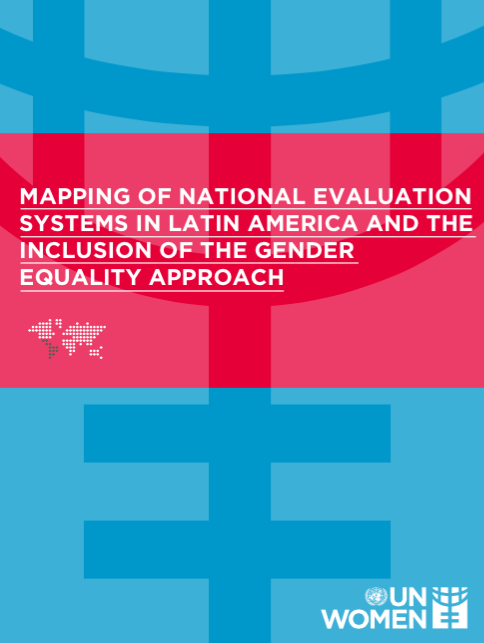
Mapping of National Evaluation Systems in Latin America and the Inclusion of the Gender

This Mapping of National Evaluation Systems and the Inclusion of the Gender Equality Approach in Latin America in those systems, especially with respect to their evaluation role and current state, seeks to diagnose and present comparatively what are the main characteristics of the evaluation of public policies and programs from a governmental perspective, and what their links are to the mainstreaming of the gender equality approach in such policies and programs. The objectives are: generating knowledge on the inclusion of new approaches in evaluation and advocating their inclusion on the basis of evidence; and creating a space for debate and reflection on the possibilities that governments in the region have of substantially and systematically making this approach their own and including it in their evaluation systems in the future. The mapping of national evaluation systems studied 18 countries of Latin America (Argentina, Bolivia, Brazil, Chile, Colombia, Costa Rica, Ecuador, El Salvador, Guatemala, Honduras, Mexico, Nicaragua, Panama, Paraguay, Peru, the Dominican Republic, Uruguay, and Venezuela). The scope of this study is limited to Latin American countries and does not include the Caribbean, except for the Dominican Republic.
View online: